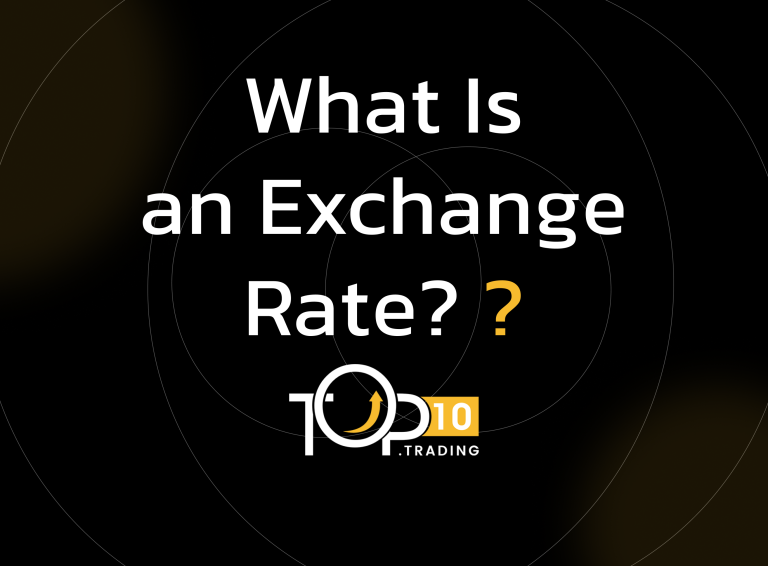Exchange Rate Definition

Exchange Rate refers to the price at which one currency can be exchanged for another. It plays a central role in international trade and finance, influencing everything from travel costs and import/export prices to investment returns and central bank policy. Exchange rates can be floating—determined by market forces—or fixed by governments or monetary authorities.
Key Takeaways
- An exchange rate is the value of one currency expressed in terms of another currency.
- Exchange rates can be fixed (pegged) or floating (market-driven).
- They fluctuate based on economic factors, interest rates, political stability, and market sentiment.
- Exchange rates influence international trade, investment returns, and economic policies.
- Understanding exchange rates is essential for traders, investors, businesses, and travelers dealing with multiple currencies.
Types of Exchange Rates
- Spot Exchange Rate: The current exchange rate for immediate currency transactions, typically settled within two business days.
- Forward Exchange Rate: An agreed-upon exchange rate for a currency transaction that will occur at a future date, used to hedge against currency risk.
- Fixed Exchange Rate: A currency value pegged to another stronger currency to maintain stability and reduce volatility, often used by countries to protect weaker currencies.
- Floating Exchange Rate: A currency value determined by market forces of supply and demand, fluctuating constantly due to economic factors, interest rates, and geopolitical events.
How Exchange Rates Are Determined
- Exchange rates fluctuate based on various factors including:
- Supply and Demand: Currency demand rises with increased trade, investment, or speculation.
- Interest Rates: Higher interest rates attract foreign capital, increasing demand for that currency.
- Economic Indicators: GDP growth, inflation, and employment data influence currency strength.
- Political Stability: Stable governments tend to have stronger currencies.
- Market Sentiment and Speculation: Traders’ perceptions can cause rapid changes in exchange rates.
Exchange Rate Components
- Buying Rate (Bid): The price at which a bank or broker buys foreign currency from customers.
- Selling Rate (Ask): The price at which a bank or broker sells foreign currency to customers.
- Middle Rate: The average of the buying and selling rates, often used in economic analysis.
Importance of Exchange Rates
- International Trade: Exchange rates affect the cost of imports and exports, influencing trade balances.
- Investment Decisions: Currency fluctuations impact returns on foreign investments.
- Travel and Remittances: Exchange rates determine how much foreign currency travelers or remitters receive.
- Economic Policy: Governments and central banks monitor exchange rates to guide monetary policy and economic stability.
- By monitoring exchange rates, market participants can better manage currency risk, optimize trade decisions, and capitalize on global economic trends.
